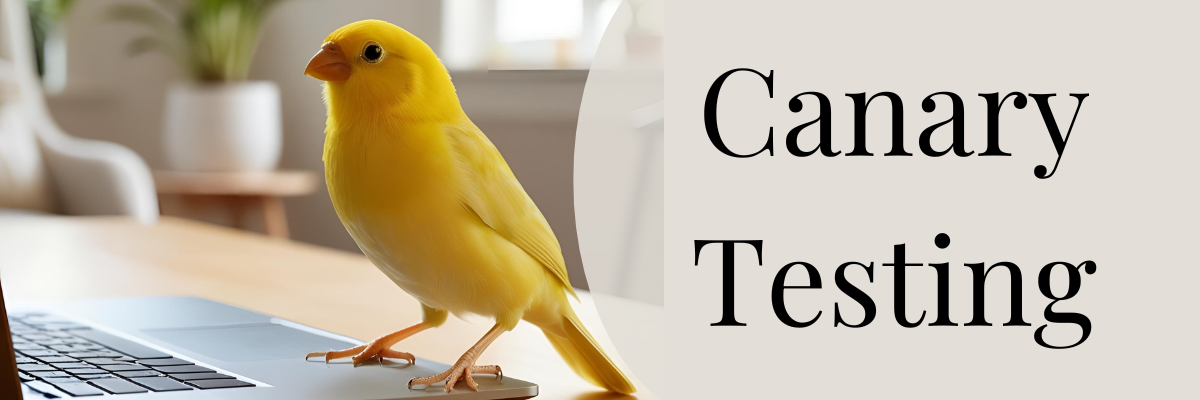Integrating AI into Project Management: Enhancing Efficiency and Decision-Making
The advent of artificial intelligence (AI) has revolutionized industries across the globe, and project management is no exception. As businesses seek ways to optimize their workflows and improve decision-making, AI offers tools and techniques that promise to transform how projects are planned, executed, and delivered. In this article, we explore how AI is reshaping project management, its practical applications, and the benefits it brings to teams and organizations.
Why AI Matters in Project Management
AI brings the power of data-driven insights, automation, and predictive analytics to project management. Traditional project management methods often rely on manual tracking, static plans, and human intuition. While effective to a point, these approaches can falter in the face of complex projects, tight deadlines, or unforeseen challenges. AI, on the other hand, enhances:
- Efficiency: Automating repetitive tasks like resource allocation, schedule updates, and progress tracking.
- Accuracy: Providing data-backed insights to reduce human error.
- Proactivity: Identifying risks and forecasting potential delays before they occur.
- Decision-Making: Offering actionable recommendations based on real-time data analysis.
- Read more from the PM Professional about AI for Project Managers
Key Applications of AI in Project Management
- Predictive Analytics for Risk Management
AI algorithms can analyze historical project data to identify patterns and predict potential risks. For example, if a certain type of task consistently exceeds its deadline, AI can flag this in advance and suggest mitigation strategies. - Intelligent Scheduling
AI tools, like smart scheduling assistants, analyze team availability, workload, and project priorities to create optimal schedules. These tools can dynamically adjust timelines as project conditions change. - Automated Resource Allocation
Matching the right resources to the right tasks is critical for project success. AI can assess team skills, past performance, and availability to ensure resources are allocated efficiently. - Natural Language Processing (NLP) for Communication
AI-driven chatbots and virtual assistants can handle routine communication, such as answering team queries, summarizing meeting notes, or providing updates on project status. - Real-Time Progress Monitoring
With AI-powered dashboards, project managers can visualize project performance metrics in real-time, enabling quicker adjustments and more informed decision-making.
Benefits of AI in Project Management
- Improved Productivity: Automating mundane tasks allows project teams to focus on higher-value activities.
- Enhanced Collaboration: AI facilitates seamless communication and transparency among team members.
- Better Forecasting: Predictive analytics enable more accurate budget and timeline estimates.
- Scalability: AI tools can handle the complexities of large-scale projects more effectively than traditional methods.
Popular AI Tools for Project Managers
- Monday.com: Uses AI to automate workflows and provide performance insights.
- Trello: Integrates with AI-powered bots to manage task prioritization.
- Smartsheet: Employs machine learning to forecast project outcomes.
- Wrike: Offers AI-based workload balancing and project risk assessment.
Challenges and Considerations
While AI offers significant advantages, its adoption is not without challenges:
- Data Privacy: Ensuring sensitive project data is secure when using AI tools.
- Cost: Some AI solutions may require significant investment.
- Learning Curve: Teams may need training to use AI tools effectively.
To overcome these challenges, organizations should start small by integrating AI into select processes, measure its impact, and scale gradually.
The Future of AI in Project Management
As AI continues to evolve, its potential in project management will expand. Emerging trends like autonomous project management systems, where AI oversees and executes entire projects, are already on the horizon. Embracing AI today positions organizations to stay ahead in an increasingly competitive landscape.
In conclusion, AI is no longer a futuristic concept but a practical tool that can revolutionize project management. By integrating AI into your processes, you can enhance efficiency, make smarter decisions, and drive better project outcomes. The time to embrace AI in project management is now.
Read more from our blog:





